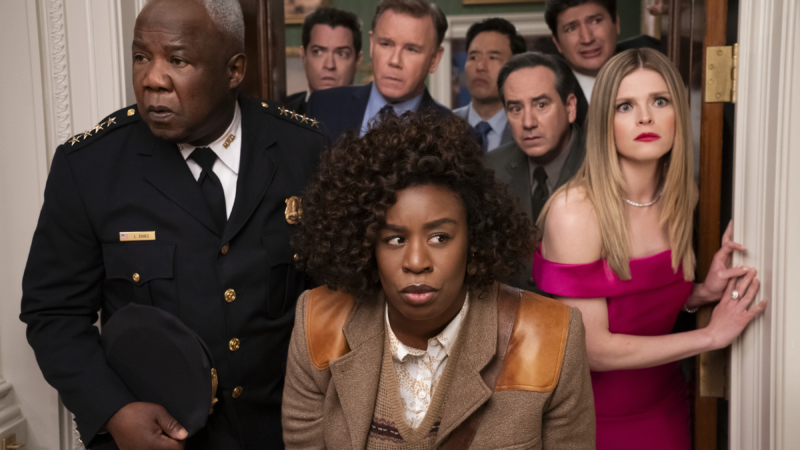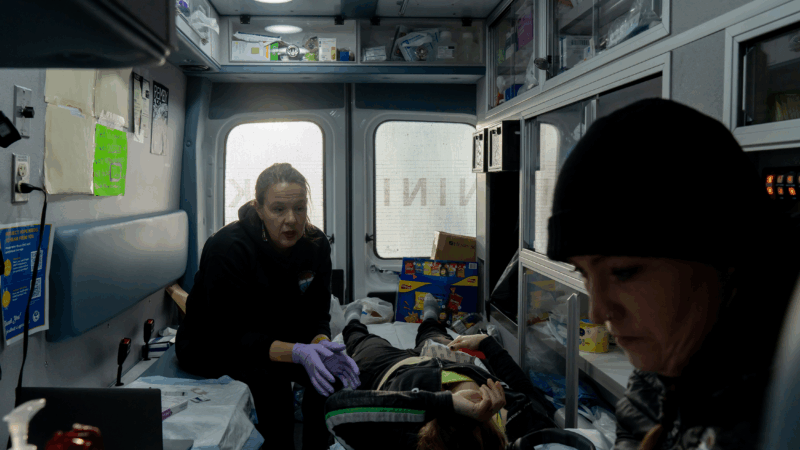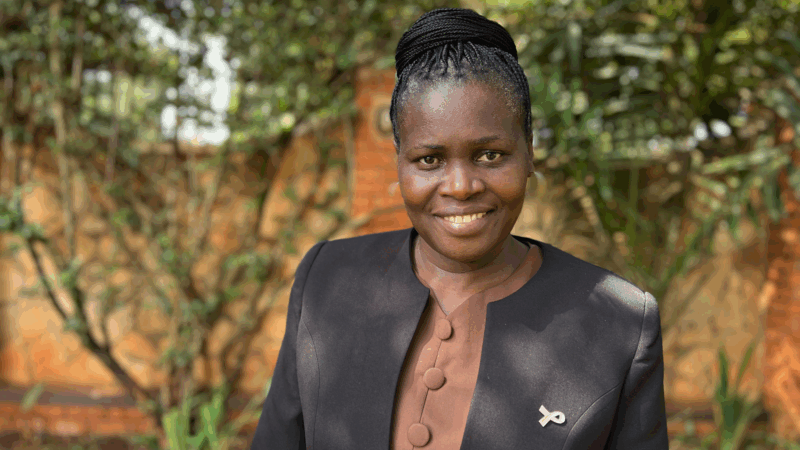‘The Residence’ is a well-done whodunit set at the White House
I love a whodunit – especially one with a light comic touch. Rian Johnson’s Knives Out and Glass Onion are two of my most rewatched recent films, and they owe a great deal to everything from Agatha Christie to Sherlock Holmes to Columbo to the criminally underseen film The Last of Sheila.
So now, imagine my delight at Netflix’s The Residence, a high-energy comic whodunit set at the White House.
The story is this: One night, during a state dinner honoring Australia, A.B. Wynter, the head usher of the White House — played by Giancarlo Esposito — is found dead. The chief of the D.C. police brings in the brilliant detective he trusts most: Cordelia Cupp, played with verve and poise by the wonderful Uzo Aduba. Looking every bit the tweedy detective, only far more stylish, Cupp sweeps in, won’t let anyone leave, and starts to question witnesses. FBI agent Edwin Park (Randall Park), assigned to help, can only try to keep up with her.
So who did it? Wynter had many conflicts with many people, we will learn. Was it the president’s top advisor, played by Ken Marino? Was it the loyal staffer, played by Susan Kelechi Watson, who was set to succeed Wynter as head usher? Maybe it was the president’s loathed brother, played by Jason Lee, or the temperamental pastry chef played by Bronson Pinchot. What about the boozy butler, the president’s mother-in-law, the social secretary, or the engineer?
The show will tell you. The answer will be fair; the murderer is not a random person who appears at the last minute. The evidence makes sense, and much of it has been there all along. It is, in other words, a properly executed whodunit, with all the pleasures that suggests. You will get red herrings and misdirections, but Cordelia is a reliable narrator and only says what she knows to be true. She’s an avid birder (just like President Teddy Roosevelt, she points out), so you know she is detail-oriented and patient. She’s also wickedly funny, but her delivery is usually dry as a bone.
At the same time, we also get scenes from the congressional hearings about the investigation that happen later, which take testimony in preparation for the release of a report. That might be one more framing device than the show needs, but Al Franken and Eliza Coupe are funny as they play senators bickering disagreeably.
There are eight episodes; the last is almost 90 minutes long, and it’s the segment in every great story of this kind where the detective gathers all the suspects, explains the crime, and announces the killer. The show probably doesn’t need 90 minutes of that; it could have used a trim in this section. That’s the closest thing to a beef that I have. But they’re being true to the roots of the genre by allowing Aduba to make a meal of it.
There’s a lot of respect for tradition here; the episodes have titles that pay tribute to other murder mysteries — there are episodes called “Knives Out” and “Dial M for Murder.” (And one called “The Fall of the House of Usher,” which is a good enough pun that it’s easy to forgive even if the original is not quite a murder mystery.) A good execution of a beloved formula is a wonderful thing, and you won’t regret letting this one suck you in.
This piece also appeared in NPR’s Pop Culture Happy Hour newsletter. Sign up for the newsletter so you don’t miss the next one, plus get weekly recommendations about what’s making us happy.
Listen to Pop Culture Happy Hour on Apple Podcasts and Spotify.
For those with addiction, going into and coming out of prison can be a minefield.
Many jails and prisons around the country don't provide medication treatment for opioid use disorder. Studies show that medication makes recovery more likely and reduces the risk of overdose death.
Trump struck deals with 16 drug companies. But they’re still raising prices this year
All 16 drug companies that inked deals with the Trump administration over the past few months still raised some of their prices for 2026.
This hospice has a bold new mission: saving lives
A hospice in Uganda asked itself: Can we do more than ease the pain of dying? Can we actually prevent deaths from cervical and breast cancer?
Ivey releases proposed state budgets
Lawmakers are often running in Montgomery having finished the first week of this year's legislative session. It's a week that saw the announcement of Gov. Kay Ivey's budget proposal, along with the first bills starting to make their way through the legislative process. We talk about that with Todd Stacy, host of Capital Journal on Alabama Public Television.
Canada agrees to cut tariff on Chinese EVs in return for lower tariffs on Canadian farm products
Breaking with the United States, Canada has agreed to cut its 100% tariff on Chinese electric cars in return for lower tariffs on Canadian farm products, Prime Minister Mark Carney said Friday.
What do eggs, Grok and Greenland have in common? They’re all quiz-worthy! Are you?
See if you can get a perfect score for once.







